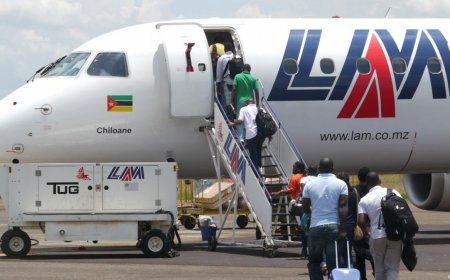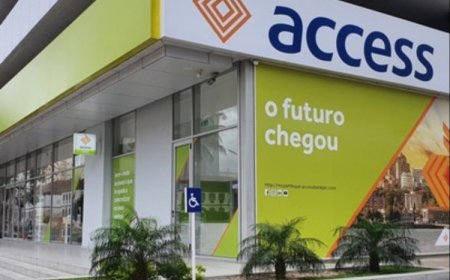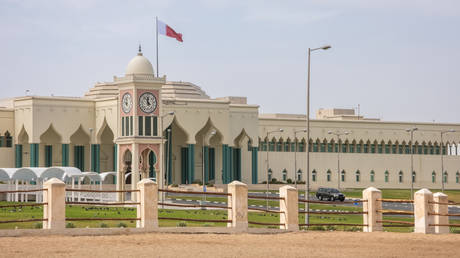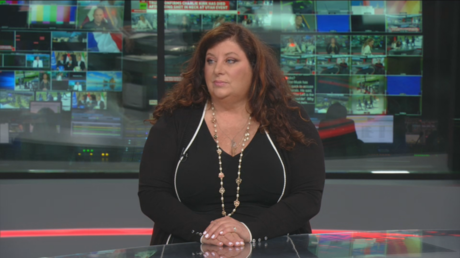Economy continues on a positive trend, says Prime Minister
The Mozambican economy continues to show a positive trend despite all the challenges facing the country, says Prime Minister, Adriano Maleiane.
'Despite all the challenges, our country’s economy the performance continues to show a positive trend as attested by the Gross Domestic Product (GDP) growth of 4.14% and 4.59% shown in the first and second quarters of this year, respectively,' said Maleiane at the session of the Assembly of the Republic, the Mozambican parliament, where the government responds to the deputies’ requests for information.
He explained that economic growth in the first two quarters was driven by good performance of the agriculture, fishing, tourism, transportation, manufacturing, mining and services sectors, among others.
According to the Prime Minister, the positive trend 'is a reflection of the actions and measures that the Government has been taking in several economic and social sectors, coupled with measures to control the Covid-19 pandemic at a global level and in the country, especially the massive vaccination against the pandemic.
However, Maleiane acknowledges that the rise in fuel prices in the international market has been influencing the rise of prices of goods and services in the country.
To mitigate the impacts of the rise in prices of goods and services on the lives of Mozambicans, said Maleiane, the government, has been implementing a set of short-term measures.
These measures focus mainly on the cost structure of fuel, 'taking into account its impact on economic activity and on the daily lives of each one of us”.
Maleiane assured that within the scope of pricing policy 'we have been engaging in dialogue, on a regular basis, with the various stakeholders in the process of import and fuel distribution in the country with the aim of finding shared solutions to mitigate the impact of the rise in fuel prices at the domestic market level.'
It was in this context that the Government decided to reduce the logistic infrastructure costs of fuel for the petrol stations by 60%; the port handling fee by 5% for all oil products; the margins of central storage facilities by 30%; and tax on fuel by 04 meticais (one US dollar is about 63.9 meticais) per litre for petrol and diesel.
In addition, the Government 'suspended temporarily' the correction component in the price structure for fuel and maintained the VAT exemption on cooking gas and paraffin.
As a result of the implementation of these set of measures, it was possible to set the current price of diesel at 87.97 meticais per litre when the real cost should be 103.68 meticais. The same happens with gasoline which is sold at 86.97 meticais per litre against 101.57 meticais which is the real price.
Maleiane also told his audience that the measures the government has been implementing to increase production and mitigate fuel prices are helping to limit average inflation in the country, which last September stood at 8.78 percent against the two-digit average in Africa and Europe.
Complementing the short-term measures, the Mozambican President Filipe Nyusi, launched on 9 August a set of medium and long-term measures to ensure accelerated and sustained growth of the economy.
The adoption of these measures aim at improving macroeconomic stability, business environment and sustainability of the tax system in the medium and long term.
The new platform, eVisa, allows by accessing the web page to obtain pre-approval of visas to foreigners for the categories of tourism and business (to attend meetings and conferences), as well as carry out research.
This platform is also valid for foreign nationals wishing to apply for pre-approval for visas in investment.
The authorities are testing 'e-visa' which will allow foreign nationals wishing to visit Mozambique to apply for an entry visa to Mozambique and obtain approval in a timely manner.
The Government will also submit to Parliament a draft legislation to revise several legal provisions such as the VAT Code, Excise Code, Customs Tariff, Corporate Income Tax Code (IRPC), Tax System, and Mining Law and Petroleum Law.
(AIM)

















